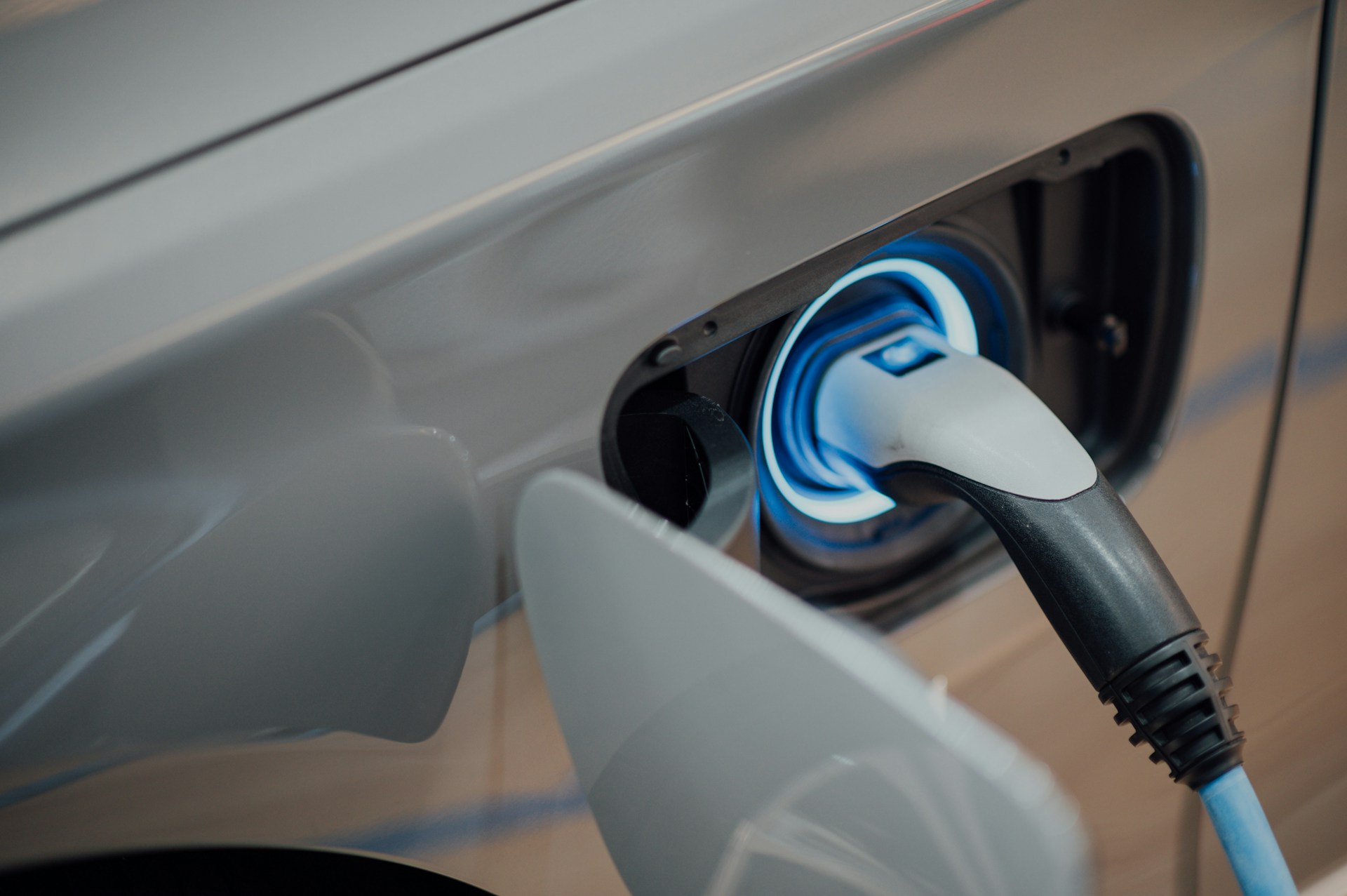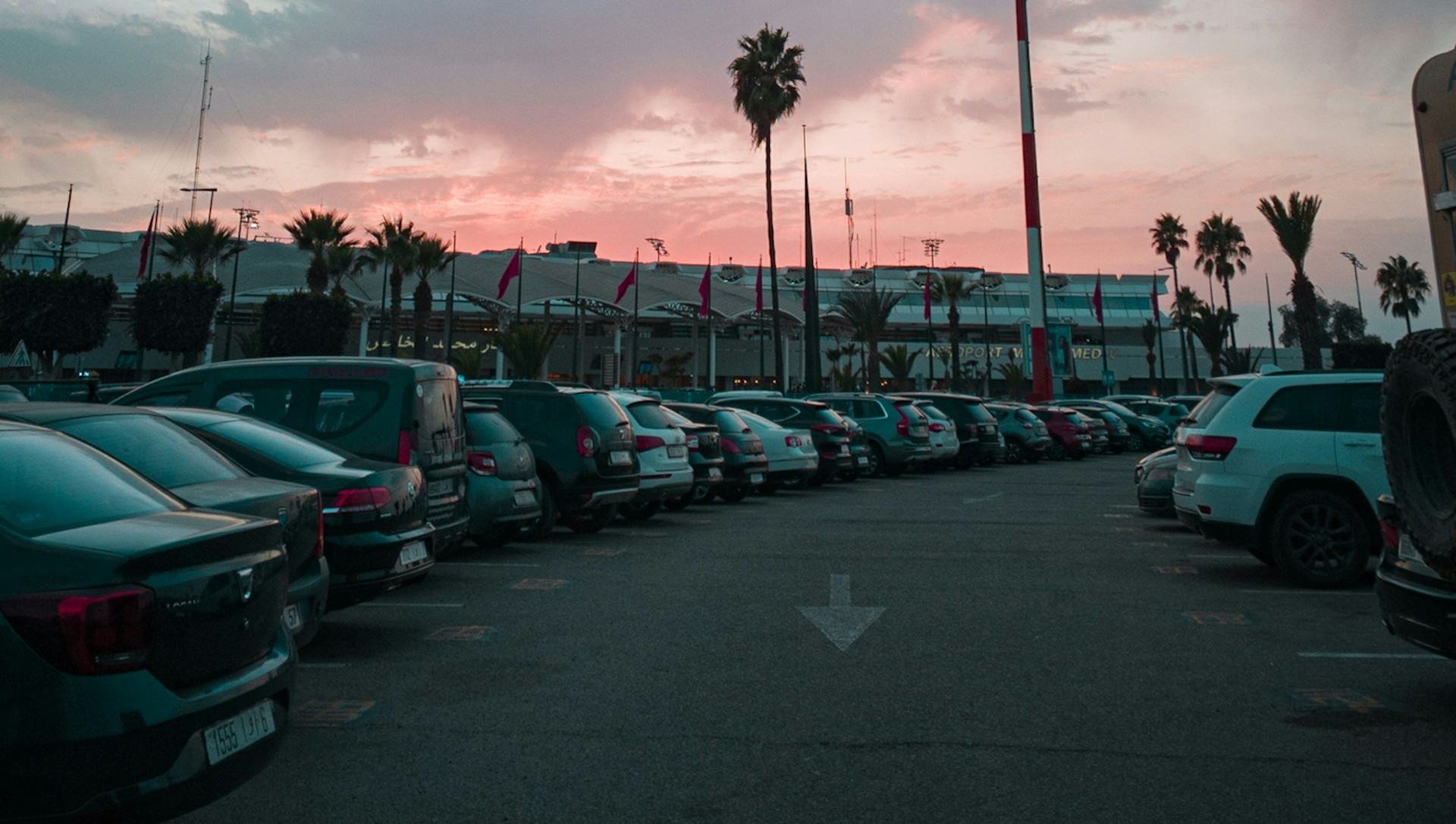Casablanca – Morocco is accelerating its transition toward becoming a major hub for electric vehicle (EV) production, as part of a national strategy to modernize its industrial base, advance sustainable mobility, and support the global shift to clean energy. The unveiling of the country’s first domestically produced electric car, the “Dial-E” by Neo Motors, marks a significant milestone in this transformation and highlights the kingdom’s growing technological capabilities.
A milestone for Moroccan industry
The Dial-E, presented during National Industry Day in Rabat, represents a defining moment in Morocco’s industrial evolution — signaling its move from vehicle assembly toward full automotive manufacturing and design. Developed and built entirely in Morocco by Neo Motors, the car is 100% locally made, from engineering to production.
The compact EV is designed for practicality and affordability. It can travel up to 93 miles (150 kilometers) per charge, reach a top speed of 53 miles per hour (85 km/h), and can be fully charged in two hours. With a base price of around $10,300, the Dial-E offers an accessible entry point to electric mobility for both Moroccan consumers and international buyers.
Expanding local production and export potential
Neo Motors’ production facility near Rabat spans roughly 161,000 square feet (15,000 square meters) and has an annual production capacity of 10,000 vehicles, with plans to scale up as demand increases. The company has received European export certification, becoming the first Moroccan and African automaker authorized to ship directly to the European market.
The car’s local integration rate is estimated at around 55%, supported by locally manufactured batteries and components supplied through Morocco’s expanding automotive ecosystem. This ecosystem includes more than 250 specialized suppliers, many of which already serve major international manufacturers.
Neo Motors also plans to expand its exports to key markets in Europe and North America, capitalizing on growing demand for small, affordable, zero-emission vehicles in urban areas, where emissions restrictions and green mobility policies are being strengthened.
A strong foundation in automotive manufacturing
Morocco’s growing EV industry builds upon a robust automotive foundation. The country already serves as a leading production center in Africa, hosting large manufacturing plants for Renault and Stellantis (Peugeot-Citroën). Together, these factories give Morocco an annual vehicle production capacity approaching one million units, including hybrid and electric models.
The automotive industry accounts for about 40% of Morocco’s total industrial exports and employs roughly a quarter of the nation’s industrial workforce. Between January and September 2025, vehicle exports reached about $11.6 billion, confirming the sector’s central role in Morocco’s economy despite a slight 2.7% decline from the previous year.
Government support for green industry
The Moroccan government continues to prioritize sustainable transportation and clean technology as key components of its national development strategy. Through partnerships between the Ministry of Industry and Trade and private investors, the country is encouraging investment in EV assembly, component manufacturing, and renewable energy integration into the transport sector.
According to official statements, Morocco’s total capacity for producing electric vehicles is projected to reach about 107,000 units per year. The Investment Charter, introduced as part of the country’s industrial reforms, provides tax exemptions and direct financial incentives for companies engaged in green manufacturing and technology projects.
The EV sector also benefits from Morocco’s abundant renewable energy resources. With over 40% of the national electricity mix already coming from solar, wind, and hydro sources, the kingdom is able to link its automotive expansion with its commitment to carbon-neutral growth.
A vision for sustainable competitiveness
The launch of the Dial-E marks more than just a manufacturing achievement — it reflects Morocco’s ambition to build a fully integrated electric vehicle ecosystem that connects design, engineering, component production, and export logistics. The country’s strategic geographic location, competitive labor costs, and stable investment climate position it as an attractive platform for global automakers seeking to diversify production and meet rising EV demand.
This milestone also reflects the broader industrial transformation underway in Morocco — one that emphasizes innovation, environmental sustainability, and economic resilience. The government’s focus on long-term industrial development over short-term financial gains indicates a steady and deliberate strategy to secure Morocco’s place in the global EV value chain.
Looking ahead
As the global automotive market accelerates toward electrification, Morocco’s commitment to clean mobility and industrial innovation continues to strengthen. The Neo Motors Dial-E — affordable, efficient, and entirely Moroccan-made — symbolizes the kingdom’s transition from a manufacturing base to a creative and technologically independent industry.
By combining strong government policy, private-sector innovation, and renewable energy infrastructure, Morocco is positioning itself as a regional leader in electric vehicle production. These developments not only strengthen the country’s economic diversification efforts but also align with the global shift toward a sustainable and low-carbon future, reinforcing Morocco’s status as a dynamic force in advanced and environmentally responsible manufacturing.
















